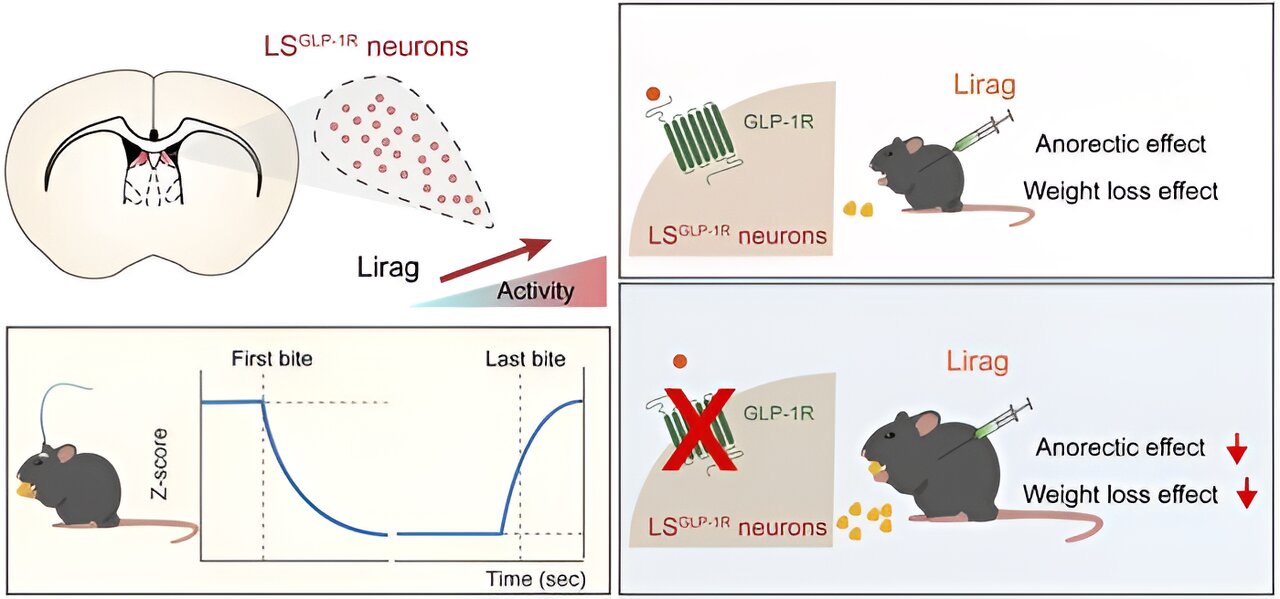
Individuals who received a once-a-day oral weight loss drug lost up to 13% of their body weight over three months, according to a presentation at the annual meeting of the European Association for the Study of Diabetes (EASD), held in Madrid, Spain (9–13 September).
Amycretin, which is being developed by the Danish pharmaceutical company Novo Nordisk A/S, mimics the action of two peptide hormones in one single molecule.
Amycretin is both an amylin and glucagon-like peptide-1 (GLP-1) receptor agonist. Both of these play a key role in appetite regulation and feeling of hunger and have been shown to lead to weight loss.
Currently, GLP-1 based treatment options are mainly administered via injections, a delivery method also used for the amylin-based treatments undergoing clinical development. To date, there are no tablet-form treatment options targeting both of these biologies.
In a single-center, placebo-controlled, double-blinded Phase I study, adult participants with a BMI of 25.0–39.9 kg/m2 without diabetes were randomized to receive amycretin or a placebo once-a-day for up to 12 weeks.
The study, which was conducted by Novo Nordisk A/S, and a clinical research unit in the US, consisted of single- and multiple ascending dose parts, where different doses of amycretin were tested orally: single-ascending dose (increasing from 1 mg a day to 25 mg),10-day multiple-ascending doses (investigating from 3 to 12 mg), and 12-week multiple-ascending doses (by introducing step wise dose escalation, investigating from a start dose of 3 mg and up to a final dose of 2 x 50 mg).
In the first-in-human trial, amycretin appeared to have a safe and tolerable profile in line with the drug receptor classes. Side-effects were mainly mild to moderate in severity and of gastrointestinal nature, including nausea and vomiting.
At the end of the trial, average weight loss was greater with amycretin than with the placebo. Participants taking amycretin 50 mg reduced their body weight by 10.4%, on average, within 12 weeks of treatment, while those taking amycretin 2 x 50mg, the maximum dose tested, achieved a body weight reduction of 13.1%. This compares to an average weight loss of 1.1% among those taking placebo during the same time.
Notably, at the end of the treatment period, weight loss had not reached a plateau for participants taking amycretin, indicating the potential for further weight loss with extended use.
The study’s authors conclude that daily oral amycretin treatment in adults with overweight or obesity and without diabetes demonstrated a safe and tolerable profile in line with the drug receptor classes, and with notable reductions in body weight.
They add, “A single molecule that targets both amylin and GLP-1 biology in a tablet form could offer a more convenient approach to achieving better outcomes for individuals with overweight or obesity.
“However, larger and longer studies are needed to fully assess the drug’s safety profile and potential.”
Citation:
Weight loss of up to 13% achieved in three months with once-a-day tablet, Phase I trial finds (2024, September 10)
retrieved 13 September 2024
from https://medicalxpress.com/news/2024-09-weight-loss-months-day-tablet.html
This document is subject to copyright. Apart from any fair dealing for the purpose of private study or research, no
part may be reproduced without the written permission. The content is provided for information purposes only.


